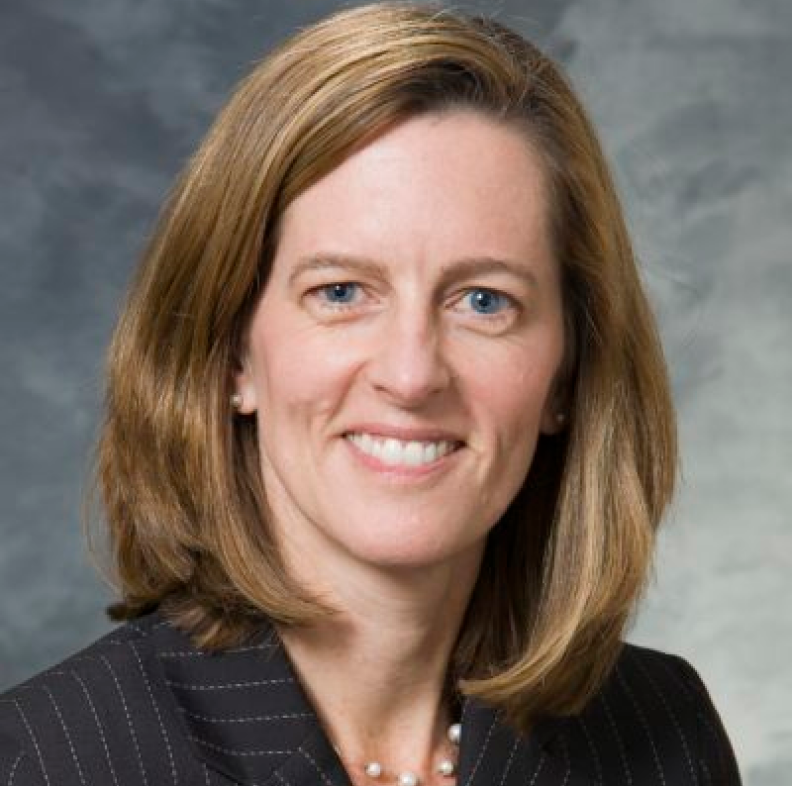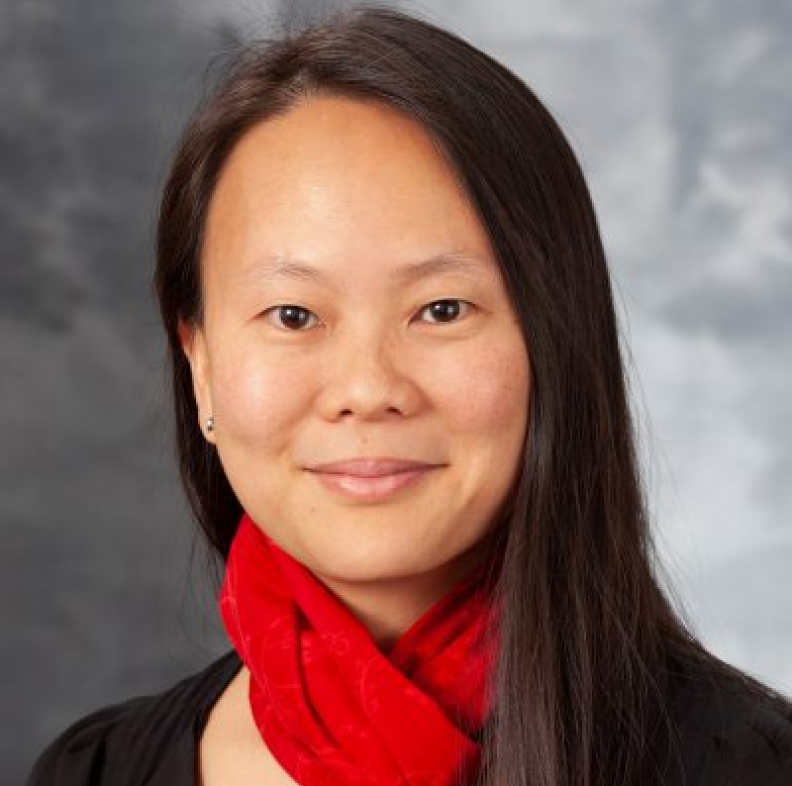Creating a more personalized, risk-based approach to breast cancer screening

Elizabeth S. Burnside, MD, MPH, MS, FACR Professor, RadiologyAssociate Dean, Team Science and Interdisciplinary Research, University of Wisconsin School of Medicine and Public HealthDeputy Executive Director, Institute for Clinical and Translational Research
Irene Ong, PhD Assistant Professor, Obstetrics and Gynecology and Biostatistics and Medical InformaticsUniversity of Wisconsin Center for Human Genomics and Precision MedicineUniversity of Wisconsin Carbone Cancer Center
Project overview
Despite advances in screening, prevention, and treatment, more than 40,000 women still die of breast cancer each year in the United States. Using the All of Us Research Program’s diverse and expansive dataset, Elizabeth Burnside, MD, and Irene Ong, PhD, are working to create a more personalized, risk-based approach to breast cancer screening that could help decrease the impact that breast cancer has on women and families and improve outcomes for those affected.
Their Precision Health Outcomes Realized (PHOR)* research project works to harness the power of predictive modeling to better understand what variables are most helpful in assessing whether or not someone will develop breast cancer. It pulls from a wide variety of data types within the Researcher Workbench — including health and lifestyle surveys, electronic health records, whole genome sequences, and more — and uses machine learning and statistical analysis to evaluate how the combination of these factors work together to shape an individual’s unique risk profile. The power of the All of Us dataset, according to Burnside and Ong, is not only its size and scope – with more than 6,000 reported breast cancer cases as of publication date of this article – but also its diversity, with more than 2,000 of the reported breast cancer cases coming from Black, Hispanic, and other non-white individuals. By combining all of the different types of data in a case-control cohort, Burnside and Ong have been able to create algorithms to systematize the determination of breast cancer risk. Their goal is to empower patients and doctors to plan screening through a more individualized lens.
We’re really conscious of the balance between early-detection and over testing. . . . That’s another thing that machine learning can help us with and another thing that . . . longitudinal and electronic health record data is really gonna help us dig into. So the Workbench is an amazing resource [for that]…. It is a true team effort.
– Elizabeth S. Burnside, MD
“What I’d love is to be able to have the information provided by the models of our system to individuals [and] their primary care physicians to empower them to . . . make decisions that could help affect their outcomes in the future.”
– Irene Ong, PhD
Support for the PHOR
project comes from:
- The University of Wisconsin Center for Human Genomics and Precision Medicine
- The University of Wisconsin Carbone Comprehensive Cancer Center
- The University of Wisconsin Institute for Clinical and Translational Research, Supported by the Clinical and Translational Science Award (CTSA) program at the National Center for Advancing Translational Sciences (NCATS)
Subscribe to Email Updates
Sign up to receive email news and updates for the All of Us Research Hub.







